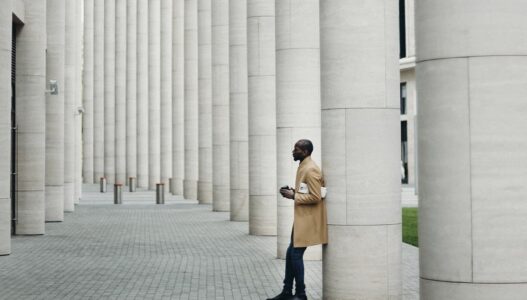The Roswell Butler Hard House is a house located in Antioch, California, owned by the City of Antioch, California. Roswell Butler Hard was elected supervisor of Contra Costa County in 1866-1868 and sheriff in 1867 and 1869. He built his large two-story brick house on Front (First) Street in 1869 with bricks from Antioch’s first brick factory. It was considered the most beautiful and expensive house in the neighborhood. It served as the meeting place for the first board of trustees of the newly created city of Antioch. At this meeting, he was elected mayor. After his death, the house was sold, modernized, and converted into three smaller units. But by 1979, when the city of Antioch purchased the property, the house had fallen into disrepair. It is the only surviving structure built in the Italianate style of late Victorian architecture. It was the first building in Antioch to be registered on the National Register of Historic Places. The house is currently closed to the public, but there is a group that has formed to help restore and preserve the house. The house still stands at 815 West First Street, across from the Antioch-Pittsburgh (Amtrak) station.
Hurd was the first president of the Antioch City Council, which originally met in his home; he also served as county sheriff and supervisor. The two-story Italianate-style house was built entirely of locally made bricks. After Hart’s death, it was divided into smaller housing units; in 1979, the city of Antioch took possession of the building, and it has not been used since.
Roswell Butler Hurd built this Italianate-style house on the banks of the San Joaquin River. The BNSF Railroad, which once served the canning and fishing industry along the San Joaquin and Sacramento Rivers, runs between the house and the river. Next to the walkway is a nine-foot bronze statue of the Cannery Woman by sculptor Elizabeth McQueen.
A new complication in the ongoing campaign to rebuild the 144-year-old dilapidated downtown building is that the State Treasury Department is challenging Antioch’s argument that the building will be dedicated to government use.
More than a year ago, a group of local preservationists and the city council signed a purchase and sale agreement for the brick-and-mortar structure so the group could clean and renovate it as a public museum. Since then, the deal has stalled because state approval is needed.
Two experts and city officials have said the building has little value. In 1979, Antioch acquired the Hard House, listed on the state and federal registers of historic buildings, but did nothing to restore it to its 19th-century condition. It was the birthplace of Antioch’s first mayor, Roswell Butler Hard, and served as the official meeting place when Antioch became the first incorporated city in Contra Costa County.
The Friends’ redevelopment plan calls for a complete renovation of the building over five years to become a museum and community meeting place. Brink said the organization already has enough dedicated donations and volunteer labor for the first phase of its plans, which included demolishing the back of the building, which was built in 1923.

